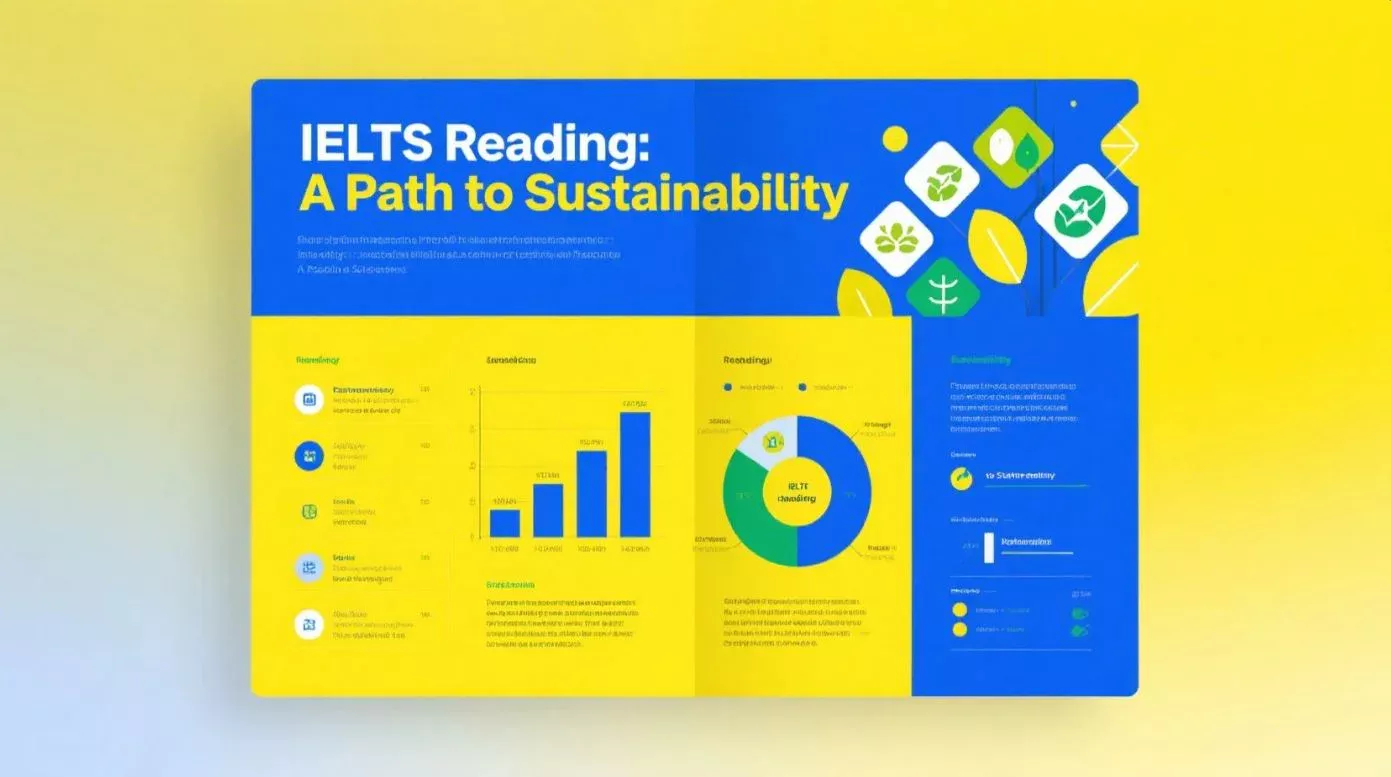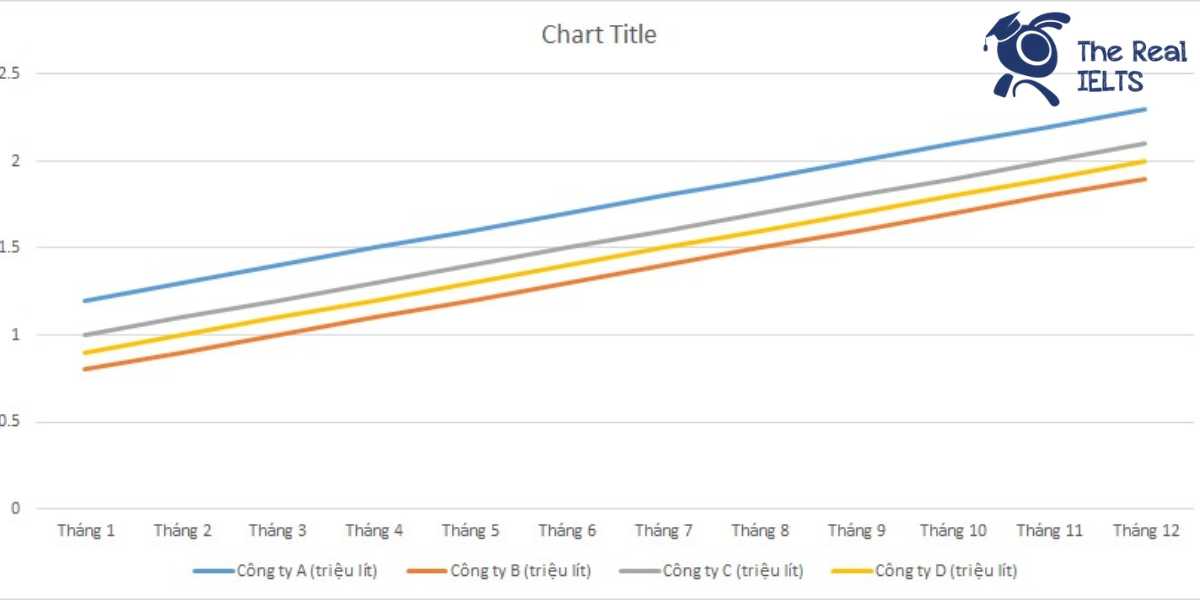Đề thi IELTS Reading có tiêu đề “The Impact of Globalization on Local Cultures”
Nhớ đọc thêm các bài luyện thi IELTS nhé.
IELTS Reading:”The Impact of Globalization on Local Cultures“
The Impact of Globalization on Local Cultures
Globalization, the process of increased interconnectedness among countries and societies, has brought about profound changes in nearly every aspect of human life. From economic ties to technological advancements, the world is more interconnected than ever before. However, this growing global integration has also sparked intense debates about its effects on local cultures. While globalization has facilitated cultural exchange and economic growth, it has also led to concerns about cultural homogenization, the erosion of traditional values, and the marginalization of smaller cultures.
One of the most notable impacts of globalization on local cultures is the widespread dissemination of ideas, values, and practices across borders. Through media, the internet, and global trade, people around the world are exposed to a vast array of cultural influences. This cultural diffusion has enriched societies by introducing new cuisines, fashion, music, and entertainment. For example, the global popularity of American fast food chains, Bollywood films, and K-pop music are clear indicators of how cultures can transcend national borders, leading to a more diverse global cultural landscape.
However, the same forces that spread cultural diversity can also threaten the uniqueness of local cultures. The global dominance of certain cultures, particularly Western culture, has raised concerns about cultural imperialism. As Western media, fashion, and lifestyle choices proliferate, they can overshadow and displace local traditions and values. This phenomenon, often referred to as cultural homogenization, can result in the loss of cultural diversity as local practices are abandoned in favor of more globally recognized ones.
One of the key areas where the impact of globalization on local cultures is evident is in language. As English has become the lingua franca of global business, science, and technology, many local languages are at risk of extinction. The dominance of English in education, media, and international communication often leads to the marginalization of indigenous languages, which are integral to the identity and heritage of many communities. The loss of a language is not merely the loss of a means of communication, but also the loss of cultural knowledge, oral traditions, and history.
Traditional customs and rituals are another aspect of local cultures that are under pressure from globalization. In many parts of the world, traditional practices are being abandoned as societies modernize and adopt global norms. For instance, indigenous religious practices, local festivals, and artisanal crafts may be replaced by more commercially viable or globally recognized alternatives. The commercialization of cultural practices for tourism or entertainment purposes can also lead to the commodification of culture, where traditions are stripped of their original meaning and significance.
Despite these challenges, globalization also offers opportunities for the preservation and revitalization of local cultures. The same global platforms that disseminate dominant cultures can also be used to promote and share lesser-known cultural practices with a global audience. The internet, social media, and digital platforms have empowered individuals and communities to showcase their cultural heritage, connect with diaspora communities, and gain international recognition. Cultural exchange programs, international festivals, and collaborations between artists from different cultures can also foster a deeper appreciation for cultural diversity.
Moreover, globalization has led to the emergence of hybrid cultures, where elements of different cultures are blended to create new cultural expressions. This cultural hybridity can be seen in various aspects of life, from fusion cuisine and music to fashion and art. These hybrid cultures reflect the dynamic and evolving nature of culture, which is not static but constantly influenced by external factors. The creation of new cultural forms can be a source of innovation and creativity, enriching both local and global cultures.
In conclusion, the impact of globalization on local cultures is complex and multifaceted. While globalization has facilitated cultural exchange and introduced new opportunities for cultural expression, it has also raised concerns about cultural homogenization and the erosion of traditional values. The challenge lies in finding a balance between embracing global influences and preserving the unique cultural identities that define local communities. As the world becomes increasingly interconnected, it is essential to promote cultural diversity and protect the rich tapestry of human culture that globalization has the potential to both enhance and endanger.
Đề bài thi IELTS Reading
Multiple Choice (10 câu)
- What is one positive impact of globalization on local cultures?
- A. Increased cultural homogenization
- B. Loss of traditional values
- C. Enrichment of societies through cultural exchange
- D. Marginalization of smaller cultures
- Which of the following is NOT mentioned as a medium through which globalization spreads cultural influences?
- A. Internet
- B. Tourism
- C. Global trade
- D. Media
- What is the primary concern about cultural homogenization?
- A. The blending of cultures
- B. The loss of cultural diversity
- C. The dominance of indigenous cultures
- D. The preservation of traditional values
- How does the dominance of English impact local languages?
- A. It leads to the revival of indigenous languages.
- B. It causes the extinction of many local languages.
- C. It strengthens local languages through international communication.
- D. It has no significant impact on local languages.
- Which of the following practices might be replaced due to globalization?
- A. Indigenous religious practices
- B. Global festivals
- C. International films
- D. Commercially viable crafts
- What does the term “cultural hybridity” refer to in the passage?
- A. The dominance of one culture over others
- B. The blending of elements from different cultures
- C. The preservation of traditional customs
- D. The marginalization of smaller cultures
- What is the author’s overall view on the impact of globalization on local cultures?
- A. Entirely negative
- B. Entirely positive
- C. Complex and multifaceted
- D. Neutral and indifferent
- Which platform is mentioned as a means to promote lesser-known cultural practices?
- A. Television
- B. Radio
- C. Internet
- D. Print media
- What is a potential benefit of globalization mentioned in the text?
- A. Cultural imperialism
- B. Economic inequality
- C. Increased cultural diversity
- D. Language extinction
- What does the passage suggest is essential for maintaining cultural diversity?
- A. Abandoning global influences
- B. Promoting cultural diversity and protection
- C. Embracing a single global culture
- D. Prioritizing economic growth over culture
True/False/Not Given (10 câu)
- The passage states that globalization has only positive effects on local cultures. (True/False/Not Given)
- The internet plays a role in the spread of cultural practices across borders. (True/False/Not Given)
- Globalization has no impact on the popularity of traditional local festivals. (True/False/Not Given)
- The author suggests that cultural homogenization leads to increased cultural diversity. (True/False/Not Given)
- English is becoming less important due to the rise of other global languages. (True/False/Not Given)
- Globalization has led to the extinction of many indigenous religious practices. (True/False/Not Given)
- The author argues that globalization has made cultural exchange less likely. (True/False/Not Given)
- Social media platforms are ineffective in promoting local cultures globally. (True/False/Not Given)
- The passage mentions that hybrid cultures are a result of cultural imperialism. (True/False/Not Given)
- The author believes that traditional values should be completely abandoned in favor of global norms. (True/False/Not Given)
Yes/No/Not Given (5 câu)
- Does the author think that cultural homogenization is a threat to local cultures? (Yes/No/Not Given)
- Does the passage suggest that all cultural exchanges are beneficial? (Yes/No/Not Given)
- Does the author express concern about the loss of cultural knowledge through language extinction? (Yes/No/Not Given)
- Does the passage claim that globalization has a uniform impact on all cultures? (Yes/No/Not Given)
- Does the author believe that cultural diversity can be maintained in a globalized world? (Yes/No/Not Given)
Matching Information (5 câu)
- Match the following cultural impacts with their corresponding descriptions from the passage:
- Cultural Homogenization
- Cultural Hybridity
- Language Extinction
- Cultural Exchange
- Cultural Commodification
a. The blending of different cultural elements.
b. The loss of local languages due to global influences.
c. The spread of cultural practices and ideas across borders.
d. The overshadowing of local traditions by dominant cultures.
e. The commercialization of traditional practices.
Matching Headings (5 câu)
- Choose the correct heading for each paragraph:
- Paragraph 1:
A. The role of the internet in globalization
B. Overview of globalization’s impact on cultures
C. The economic benefits of globalization
D. The dominance of Western culture - Paragraph 2:
A. Cultural diffusion and enrichment
B. Threats to traditional customs
C. Preservation of indigenous languages
D. The rise of hybrid cultures - Paragraph 3:
A. The impact of English on local languages
B. Global trade and cultural exchange
C. The decline of traditional festivals
D. The spread of Western media - Paragraph 4:
A. The challenges of cultural preservation
B. The commodification of culture
C. Cultural homogenization vs. cultural diversity
D. The future of local traditions - Paragraph 5:
A. Global platforms and cultural promotion
B. Economic growth through globalization
C. The loss of cultural knowledge
D. The role of social media in cultural preservation
Sentence Completion (5 câu)
- Globalization has led to a more interconnected world, resulting in _______.
- A. the loss of cultural diversity
- B. increased economic growth
- C. the widespread dissemination of cultural practices
- D. the extinction of many languages
- The global dominance of certain cultures is often referred to as _______.
- A. cultural hybridity
- B. cultural imperialism
- C. cultural exchange
- D. cultural commodification
- The loss of a language results in the loss of _______.
- A. global communication
- B. traditional customs
- C. cultural knowledge
- D. modern practices
- The internet and social media have empowered communities to _______.
- A. abandon their traditions
- B. promote their cultural heritage
- C. adopt global norms
- D. marginalize smaller cultures
- Cultural hybridity can be a source of _______.
- A. cultural homogenization
- B. innovation and creativity
- C. economic inequality
- D. language extinction
Short Answer Questions (5 câu)
- What are the main concerns about the impact of globalization on local cultures?
- How has the internet contributed to the preservation of local cultures?
- In what way can globalization lead to cultural homogenization?
- What is cultural commodification, and how is it related to globalization?
- How does cultural hybridity differ from cultural homogenization?
Đáp án bài thi IELTS Reading
Multiple Choice
- C. Enrichment of societies through cultural exchange
- D. Media
- B. The loss of cultural diversity
- B. It causes the extinction of many local languages.
- A. Indigenous religious practices
- B. The blending of elements from different cultures
- C. Complex and multifaceted
- C. Internet
- C. Increased cultural diversity
- B. Promoting cultural diversity and protection
True/False/Not Given
- False
- True
- False
- False
- False
- Not Given
- False
- False
- Not Given
- False
Yes/No/Not Given
- Yes
- No
- Yes
- No
- Yes
Matching Information
- d. The overshadowing of local traditions by dominant cultures
- a. The blending of different cultural elements
- b. The loss of local languages due to global influences
- c. The spread of cultural practices and ideas across borders
- e. The commercialization of traditional practices
Matching Headings
- Paragraph 1: B. Overview of globalization’s impact on cultures
- Paragraph 2: D. The rise of hybrid cultures
- Paragraph 3: A. The impact of English on local languages
- Paragraph 4: C. Cultural homogenization vs. cultural diversity
- Paragraph 5: A. Global platforms and cultural promotion
Sentence Completion
- C. the widespread dissemination of cultural practices
- B. cultural imperialism
- C. cultural knowledge
- B. promote their cultural heritage
- B. innovation and creativity
Short Answer Questions
- The main concerns include the loss of cultural diversity, cultural homogenization, and the extinction of local languages and traditions.
- The internet has enabled communities to share and promote their cultural heritage on a global scale, preserving traditions and practices.
- Globalization can lead to cultural homogenization by promoting dominant global cultures at the expense of local cultures and traditions.
- Cultural commodification refers to the commercialization of traditional practices and customs for global consumption, often leading to the loss of their original cultural significance.
- Cultural hybridity involves the blending of different cultural elements, while cultural homogenization refers to the dominance of one culture over others, leading to a loss of diversity.
Luyện tập bài khác ở bài viết:”100 bài luyện IELTS Reading 2024 – 2025“















